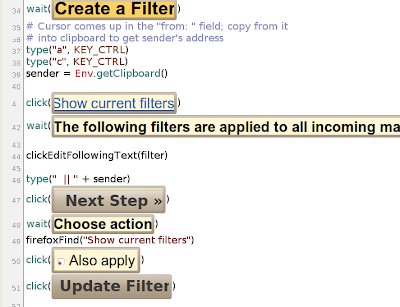That's good, but honestly, it's not the aspect of the new job I'm most excited about. It's this.
I'll migrate an important MySQL database to PostgreSQL and become its caretaker. I don't expect to use Oracle at all in the new job (though I'll stay active in the local Oracle community, and do some personal Oracle projects just for fun). Basically, I'll be a full-fledged PostgreSQL DBA.
Oracle has been practically a part of my identity for years, but those who have paid close attention have noticed me sighing in longing for PostgreSQL for years, too; I've said more than once that I'd drop everything to work full-time with PostgreSQL. I didn't think it would ever happen, since Dayton's main employer (the Air Force) has a strong prejudice for proprietary software. But, thanks to KACE, the impossible finally happened.
It's a funny coincidence - but yes, a coincidence - that this happens during a downswing in relations between Oracle and open-source communities; many F/OSS lovers are upset about Oracle's decisions since acquiring Sun. For me, though, it's not a matter of techie politics; PostgreSQL is simply a wonderfully-written database and a joy to work with.
As my relationship with PostgreSQL matures from a clandestine affair conducted at night to a full-time committed relationship, I'm sure we'll get past the honeymoon period and have some arguments, like any couple. Even the best software is still software, after all, and human-software relationships always have their difficult moments. Still, I'm enormously excited to begin this new phase in my love of free software.
Hmm. "PyOraGeek" might not be the most accurate subtitle anymore, but "PyPostgreSQL geek" violates uniqueness constraints in a big way. The rebranding is the hardest part...



